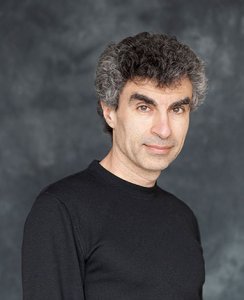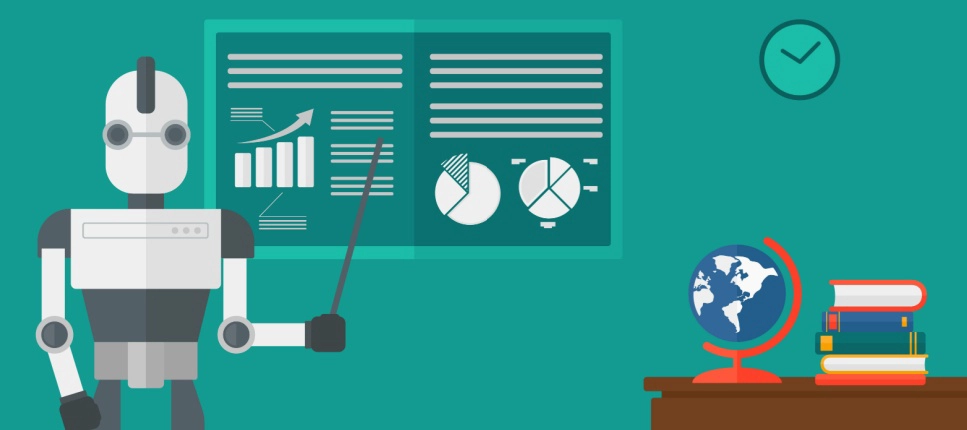The city of Montreal is flourishing when it comes to artificial intelligence (AI). It currently has about 1,000 researchers in the AI field – a concentration unlike any other Canadian city. Moreover, it recently hosted a significant forum on the subject, adding a new spotlight on the metropolis, which is on its way to becoming a Silicon Valley of AI.
The digital giants are in town
At the initiative of the Chamber of Commerce of Metropolitan Montreal (CCMM), the Strategic Forum on Artificial Intelligence was held on January 15. About 900 representatives attended this major event, including some from Thales, Google, IBM, Microsoft, and Amazon.
The forum addressed several issues, from the development of the city as a dominant location in the field to successful business strategies, as well as different ethical problems surrounding AI.
A global center of excellence for AI
The event was also an opportunity to announce the creation of a global center of excellence in Montreal where 160 researchers will work; a project of the Quebec AI cluster in which the provincial government plans to inject $100 million over the next five years. This will also result in the creation of approximately 20 business laboratories of all sizes.
Montreal, pole of attraction
Partly thanks to the researcher Yoshua Bengio (see below), who convinced them, several giants of the digital industry have already or will set up their AI research laboratories in the city, including Microsoft, Google, Facebook, IBM, Samsung, and Thales.
These businesses are not here just for show; they allow for the development partnerships and result in the investment of significant sums in the Montreal AI ecosystem. What makes the city so attractive for these big names? Its current talent pool and its ability to attract more external resources. Thanks to its investments, Québec hopes to welcome hundreds of researchers in the field by 2019.
Another Montreal pioneer
It is important to note that the Montreal Computer Research Center (CRIM), a center for applied research and innovation, has been involved in the field of AI for more than 30 years, bridging the gap between research and businesses. The mission of this non-profit organization – whose main financial partner is the Ministry of the Economy, Science, and Innovation – is to help Small and Medium Enterprises in particular, demystify and access advanced technologies, including AI.
A shout to Concordia’s District 3
Following Concordia’s mandate of being a next-generation university, District 3 is creating a collaborative environment that supports social innovation by connecting researchers, start-ups and the business world. Aifred health, one of the mentored start-ups is in the top 10 teams for the IBM Watson AI XPRIZE – a four-year, $5-million, open and global challenge. For this prize, teams must develop and demonstrate how humans can collaborate with powerful AI technologies to tackle the world’s greatest societal issues.
Aifred health is developing a system that uses high-quality data about mental health to help physicians work with their patients to choose personalized treatments for depression.
Defining a concept
Evoking modern mythology with futuristic accents, the concept of “artificial intelligence” is nonetheless vague to many. Even Yann LeCun, director of Facebook’s AI lab, agrees that this definition is “hard to pin down”. Another AI pioneer, John McCarthy, from Stanford University, said “we cannot yet characterize in general what kinds of computational procedures we want to call intelligent. We understand some of the mechanisms of intelligence and not others.”
The definition of one of the inventors of AI, Marvin Minsky, describes in a broad sense this reality as “the science of making machines do what man would do by means of a certain intelligence.” In the same tone, Mr. LeCun offers a slightly more refined version saying that AI refers to “a set of techniques that allow machines to perform tasks and solve problems normally reserved for humans and some animals.”
More than just creating a dictionary definition for AI, this has a vital impact on regulation and control because laws and guidelines simply will not operate without one.
Practical applications of AI
Artificial intelligence is no longer science fiction. The applications of AI are endless. Just a few examples of AI include: voice assistance on your smartphone (“Hey, Google, Bixby or Siri!”), the identification of spam in your email, medical imaging, and will allow, perhaps sooner than you think, self-driving cars.
Yoshua Bengio , our AI celebrity
, our AI celebrity
A pioneer in artificial intelligence, Montreal-based researcher Yoshua Bengio is one of the world’s top three AI experts (his work has been cited more than 4,000 times – in international studies). While Silicon Valley would undoubtedly roll out the red carpet for him at any time, it was in Montreal – the city he immigrated to in his early adolescence – that he chose to advance AI knowledge, work to develop a mass of researchers, and stimulate different entrepreneurial initiatives.
Learning computers to learn
Bengio is one of the few deep learning experts, a ground-breaking technique which aims to develop a computer’s ability to “learn by itself” using artificial neural networks. These computers are capable of unsupervised learning from data that is unstructured or unlabeled.
Research in this field applies primarily to the recognition of forms, images, and speech, as well as artificial vision and robotics.
For the collective well-being
In addition to his contributions to research, Bengio does tremendous work in reaching out to different companies in order that they benefit from the latest discoveries in the AI field as quickly as possible. Regularly engaging in discussions with philosophers and ethicists, Bengio also places critical importance on the ethical issues surrounding AI, so that its progress can have a positive impact on society. With this in mind, he also wants to work to reduce the economic inequalities that can result from the increasing use of AI within companies.
A short overview of Yoshua Bengio’s CV
- Founder of Element AI
- Professor at the University of Montreal
- Director of the Institute of Algorithms of Learning of Montreal (Mila)
- Ambassador for the new Technopolys initiative
- Scientific Director of Ivado
- Program Co-Director of the Canadian Institute for Advanced Research





